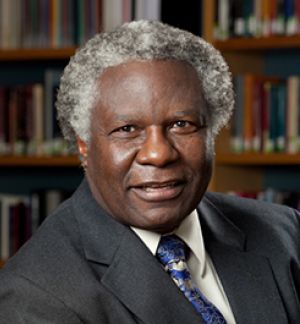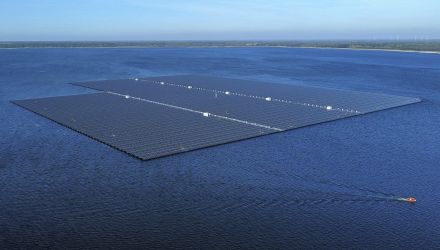Japan announced it will double its aid to Africa over the next five year at the Fourth Tokyo International Conference on African Development (TICAD IV) held in Yokohama on May 28–30, 2008.
Prime Minister Yasuo Fukuda pledged to increase Japans aid to Africa to US$1.9 billion by 2012. Japan will offer US$4 billion in concessional loans to support infrastructure and agriculture and provide US$2.5 billion to encourage Japanese companies to invest in Africa, he said.
The pledge to double aid is the latest piece of making the new vision for Africa, one that offers a narrative of home and renewal, a reality. Prime Minister Fukuda said we are about to open a new page, titled the "Century of African growth". In the future, Africa will become a powerful engine driving the growth of the world.
This optimistic outlook was echoed by many of the African presidents who spoke at the conference. Unlike previous pledges on Africa, TICAD IV focused on what can be considered the genuine fundamentals of economic transformation. The conference built on the results of a recent summit of the African Union that called for rapid industrialization of the continent.
The Yokohama Declaration calls for "a definitive shift away from dependence on primary products and the development of Africa-based industries for local value-addition and processing." Furthermore, the conference took place against the backdrop of an "increasingly confident and capable" continent determined to take charge of its destiny.
TICAD IV marked a clear departure from previous development conferences, which focused largely on Africa’s immediate crises and challenges, such as corruption and poor governance. Instead, it stressed the importance of human resource development (including higher education and vocational training), industrial development, infrastructure, and trade.
In keeping with international commitments, the conference highlighted the social dimensions of "human security" and singled out the following key issues: community development, education, health, gender, and others. Ecological issues such as climate change, water, and education for sustainable development were also focused on.
In addition, it also emphasized the role of the private sector. The conference stressed the important role that foreign and domestic firms can play in adding value to Africa's natural resources.
Many African leaders specifically called on Japan and other foreign firms to relocate their industries to Africa to help the continent add value to its natural resources. This was particularly important because a large part of Africa's economic growth is accounted for by a surge in demand for raw material exports.
Over the last decade Africa consistently sought to redefine its relationship with the industrialized countries using the slogan "trade, not aid." Japan will have to persuade its G8 partners at their meeting in Japan next month to held realize the aspirations of "a vibrant Africa" contained in the Yokohama Declaration.
Calestous Juma is professor of the Practice of International Development at Harvard Kennedy School and a visiting professor at the United Nations University’s Institute of Advanced Studies in Yokohama, Japan.
Juma, Calestous. “Japan and African States Discuss Future Partnership.” Belfer Center for Science and International Affairs, Harvard Kennedy School, June 17, 2008





